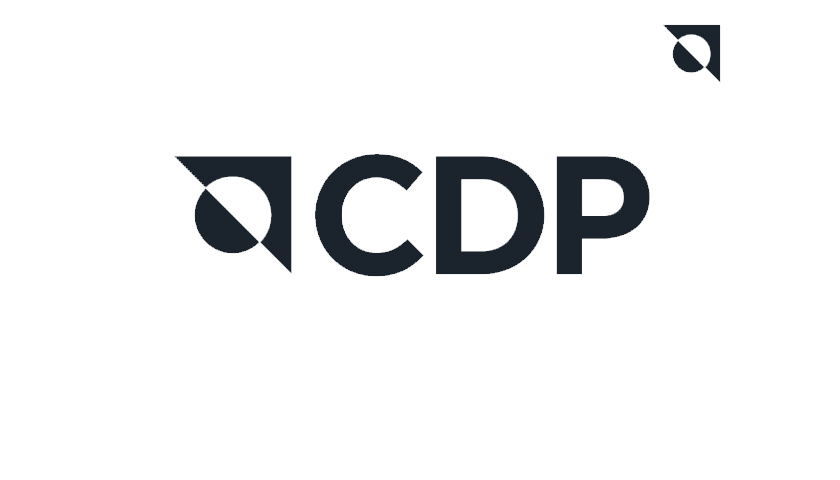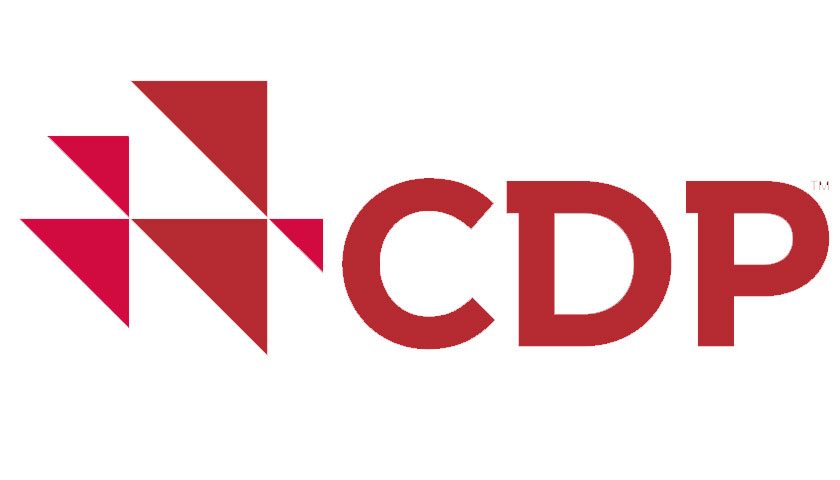The CDP, the world’s environmental disclosure platform, launched a report analyzing disclosure from 18,600+ companies across 13 industries in 135 countries. The report assesses climate transition plan disclosure against 21 key indicators within CDP’s climate change questionnaire and found that only 81 companies (0.4%) disclosed to all relevant [SEE NOTES TO EDS]1. In the 2021 assessment 135 companies disclosed against all relevant indicators. The reduction seen this year is based on CDP raising the bar, in accordence with latest science, on what constitutes a credible climate transition plan. CDP’s report shows the majority of disclosing companies don’t have a credible plan to transition to net-zero. This adds more urgency to UN Secretary General António Guterres’ call at Davos for ‘full engagement of the private sector’ as the world heads to a level of global warming of 2.8-degrees, considerably higher than the 1.5-degree target.
The report highlights that there is progress (albeit slow) from companies as 2,300 (13%) disclosed to between 14 and 20 key indicators, demonstrating they are on their way to disclosing a credible climate transition plan, and 6,520 (35% of total companies that disclosed) reported they will develop a transition plan within two years.
A climate transition plan is a time-bound action plan that outlines how a company will achieve its strategy to align its assets, operations, and entire business model with the latest and most ambitious climate science recommendations. They are vital for companies to remain on track and demonstrate to capital markets and consumers how they will reach net-zero.
Credible disclosure across the eight core elements that make up a credible climate transition plan was varied; more than a third of companies disclosed sufficiently on risks & opportunities, and 24% of disclosing companies had governance structures in place to manage climate transition plans, however, only 3% of companies provided relevant, forward-looking financial details to support a climate transition and only 7% disclosed a sufficient strategy to achieve net-zero.
The report shows that companies are behind in climate action as well as preparedness and are underprepared for the wave of incoming regulation from the European Union and bodies such as the UK Transition Plan Taskforce (UK TPT) and Securities Exchange commissions (SEC). This lack of preparedness could open them up to multiple risks including litigation.
Companies in power generation and infrastructure industries were most likely to disclose to all key indicators, though numbers there are small as well. The apparel, fossil fuel, and hospitality industries had the poorest disclosure with only one organization in each disclosing to all key indicators of a credible climate transition plan [For further split on industry performance see notes to editor]. In the UK, 404 (out of 1448) companies reported having developed a 1.5°C aligned climate transition plan but only six disclosed to all key indicators.
“The need for companies to develop a credible climate transition plan is not an additional element but an essential part of any future planning. Companies must evidence they are forward planning in order for us to avert the worst impacts of climate change and to send the correct signals to capital markets, that they will remain profitable’. Amir Sokolowski, Global Director, Climate at CDP Says ‘Tracking corporate disclosure against transition related indicators is essential to ensure companies are kept accountable to the targets and plans they set. Whilst overall disclosure of credible climate transition plans is low it is encouraging to see more companies recognizing the relevance of a climate transition plan and start their journey towards developing one.
Kate Levick, co-Chair of the Secretariat to the UK Transition Plan Taskforce and Associate Director, Sustainable Finance, E3G
“It is encouraging to see over 1,400 organisations in the UK disclose through CDP, as disclosure is a vital part of an organisation’s sustainability journey. The findings published today demonstrate the importance of regulation to encourage the development and disclosure of credible climate transition plans. As the Transition Plan Taskforce continues its work to set out what best practice looks like for businesses and financial institutions, we hope to see an increase in the quantity and quality of disclosed plans”
To pivot towards net zero, mitigating the worst effects of climate change, whilst demonstrating that they will remain relevant (i.e., profitable) in a 1.5C-aligned economy, more companies must develop and disclose credible climate transition plans. CDP continues to provide a platform for them to do so working closely with and aligning its disclosure platform with guidance from emerging standards, frameworks, and relevant bodies, such as ISSB, TCFD, and UK TPT. Further to this, CDP’s Transition Plan Campaign supports companies and capital markets to encourage the development and disclosure of climate transition plans throughout their value chains.



